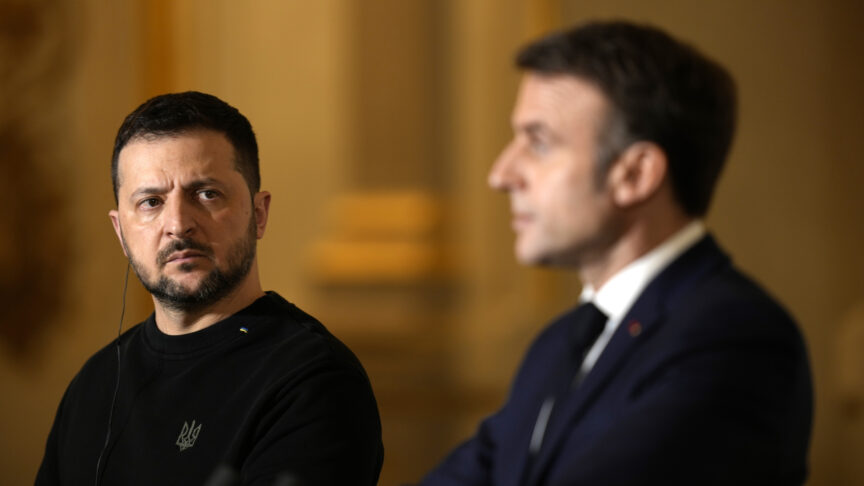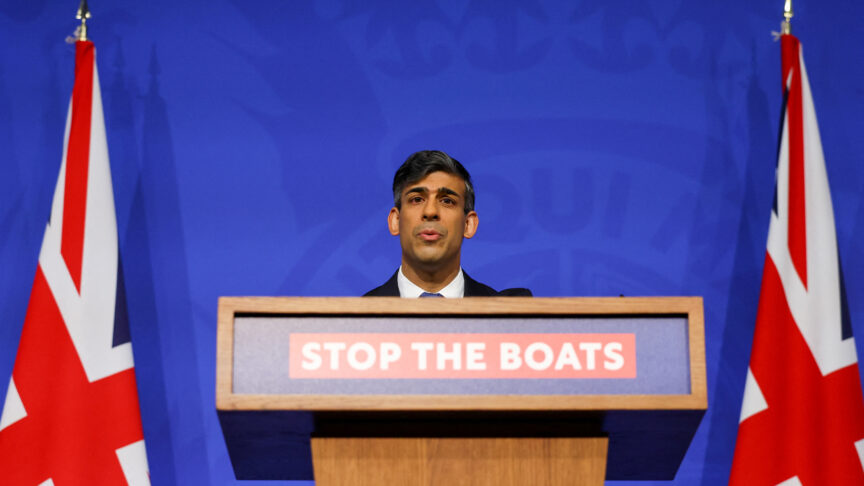Europe retreats
Europe’s military is beating the retreat just as the world’s emerging powers are expanding their presence ? an early sign perhaps of a new international order
This article was published in European
Voice on 9 February 2009.
Europe’s military is
beating the retreat just as the world’s emerging powers are expanding their
presence – an early sign perhaps of a new international order.
Whenever European governments need extra troops for Africa or Afghanistan, it’s rarely long before they’re on
the phone to Warsaw.
Poland may not match the
deployment levels of the UK,
France, Spain and Italy – but it has a reputation for
sending soldiers pretty much anywhere, and with fewer quibbles than many of its
more cautious NATO allies.
But the commitments stack up: 1,130 personnel in Afghanistan,
400 more in Chad, 200 in Bosnia… At
some point something was going to have to give. Last week it did. Poland declared that it would pull 800
troops out of UN missions in Lebanon
and the Golan Heights, and not participate in a planned UN follow-on mission to
the EU force in Chad.
This was down to money and politics. The defense minister admitted the prime
cause was budget cuts – and with hard choices looming, “NATO and EU missions
are Poland’s
priority”. This was bad news for UN officials, always short on high-quality
forces and concerned that the financial crisis will drive other governments to
follow the Polish lead.
Most European analysts (with some Nordic exceptions) would respond to those
concerns with a mix of sympathy and condescension. NATO is short on forces. The
EU needs to build up its military identity. The UN just has to look elsewhere
for soldiers – bad luck!
But there are signs that Europe’s military
reach is contracting as the global downturn bites – with implications reaching
far beyond the UN. In January, France
declared that it was reducing its forces in Africa and the Mediterranean.
British politicians look forward to the departure of the last of their combat
units from Iraq
with barely disguised relief.
Paris and London
have increased their commitments in Afghanistan in the past year. But
the European contribution there will be overshadowed by up to 30,000 new US troops
promised by President Barack Obama. Outside the Balkans, there may soon no
longer be any significant theatre where European ground forces are the primary
source of stability.
There are still a few exceptions left. In spite of Poland’s withdrawal, the most obvious case
remains Lebanon.
Roughly two-thirds of the 12,000-odd troops guarding the border with Israel are from
EU member states. But even before the financial crisis, it seemed unlikely that
the European contingent would remain at such high levels indefinitely.
An emerging world order?
Non-European contributors stand ready to plug the gap. In 2006, Spain was one of the first countries to deploy
peacekeepers after Israel’s
war with Hezbollah – it still has 1,136 there, according to the UN. Yet Indonesia now has marginally more troops in Lebanon.
While France and Italy still
provide the backbone of the force, most other EU states are represented by
fewer than 300 personnel each. India,
China, South Korea, Turkey
and Ghana
all have more sizeable presences.
In military matters, size is less important than quality, of course. But it
is worth thinking through what these numbers tell us about the future.
The non-European troops in Lebanon
are not a rag-tag collection of low-grade militaries, the stereotype Western
analysts usually apply to UN forces. They represent a cross-section of emerging
major powers (China and India) and potentially significant middle powers
(Indonesia, South Korea, Turkey). The Chinese and Indian
armies may not meet NATO standards yet, but they are modernising themselves and
are increasingly capable. These are evolving militaries poised to expand – just
as European countries are going into retreat.
This challenges deep-seated European assumptions about the maintenance of
international order.
Since the calamities of the Balkan wars, the average European planner has
assumed that there are two worlds of military operations: NATO and EU missions
on the one hand, with every hi-tech gadget one might desire, and
under-resourced UN forces on the other. This is, in the phrase of the British
UN expert Michael Pugh, “peacekeeping apartheid”.
But this division of labour no longer works. European forces are unable to
keep up with US
technology yet lack the growing sense of purpose of the emerging powers.
After the prolonged political pain of Afghanistan,
NATO is unlikely to sign up for new long-range operations any time soon (as India and China note from their ring-side
seats). The EU’s refusal to intervene in the Democratic Republic of Congo
during last year’s crisis suggests that it is having second thoughts about even
limited power projection.
The UN had a far, far worse year in the Congo,
failing to stop a huge humanitarian disaster – French and UK diplomats
have launched a process in the Security Council to address the peacekeepers’
failings. They have no shortage of problems to tackle.
But as they sit down to talk these through with their Chinese and Indian
counterparts, they should look to the long term. In one or two decades, these
emerging powers will be essential to keeping order worldwide. It is far from
certain that Europe will be.
The great challenge is not to fix the UN’s military structures, but to
decide if the EU and NATO have a strategically significant future worth
investing in. If not, beat the retreat.
Richard Gowan
is an associate director at the NYU Center on International Cooperation, and UN
Policy Fellow at the European Council on Foreign
Relations.
The European Council on Foreign Relations does not take collective positions. ECFR publications only represent the views of their individual authors.


